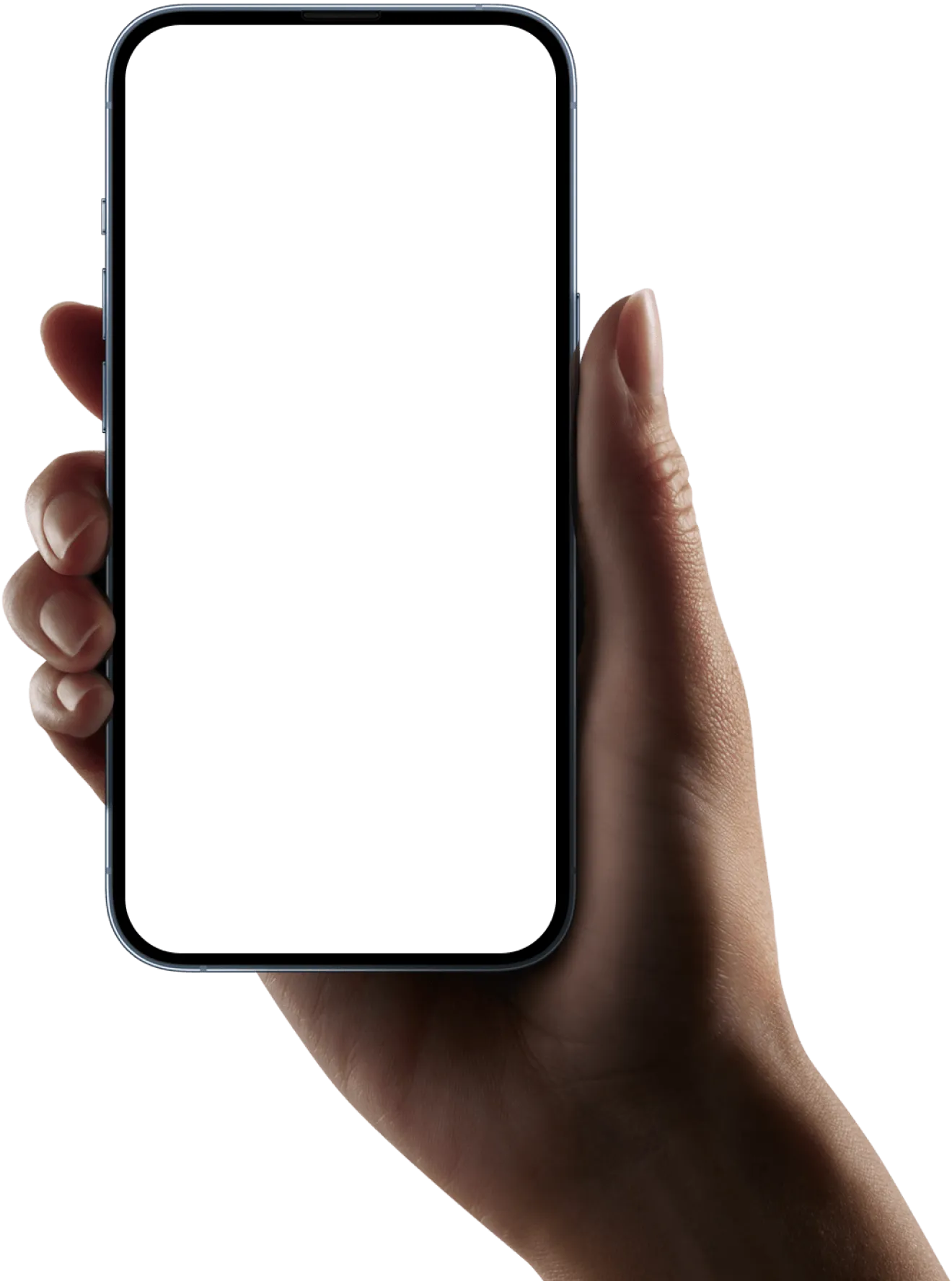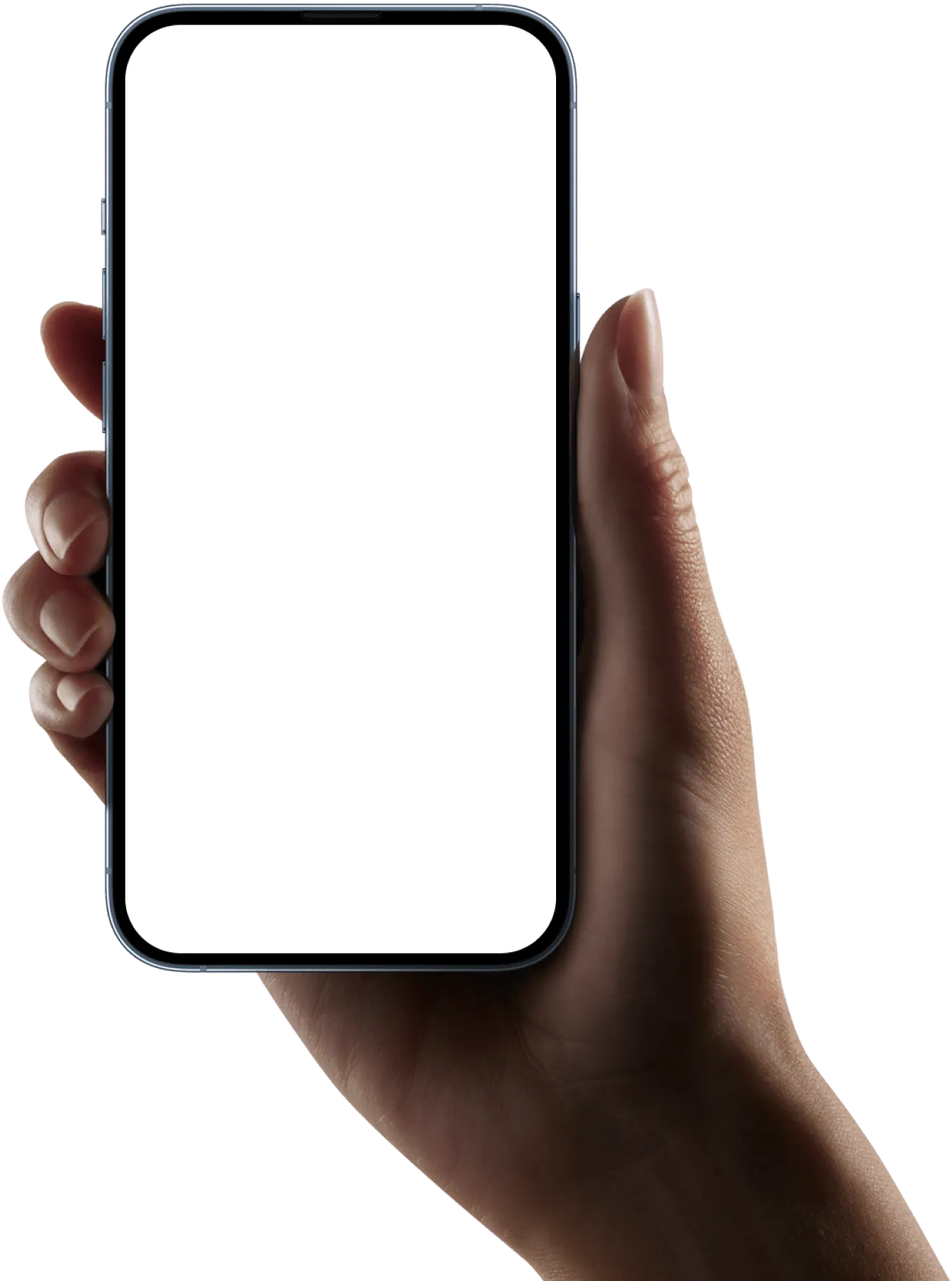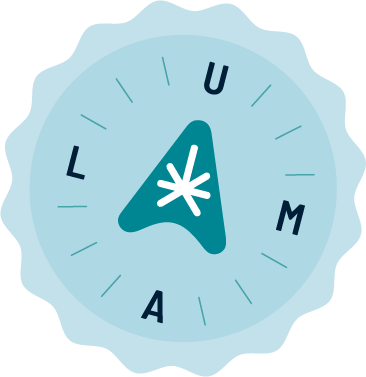

Living with an age-related neurological condition – whether it’s Parkinson’s disease, Alzheimer’s disease, or another disorder – can feel overwhelming. These conditions often bring about profound changes to the daily lives of older adults and the families who care for them. You or your loved one might be facing new challenges with memory, movement, or balance. The critical thing to remember is you’re not alone, and there are practical ways to maintain quality of life while managing these conditions. In fact, with the proper support, many older adults continue to live safely and meaningfully, preserving as much independence as possible. Let’s explore how neurological conditions impact daily living and what resources can help – and why reaching out to Luma could be your next best step.
Neurological conditions associated with aging generally fall into two broad categories: movement disorders (like Parkinson’s or the effects of a stroke) and cognitive disorders (like Alzheimer’s or other dementias). Each presents different challenges:
While the challenges of neurological conditions are significant, numerous resources and strategies are available to help older adults maintain safety and quality of life. The key is to adapt the environment and routine to the person’s changing needs and seek out support.
Caring for someone with a neurological condition comes with tough questions. What services are available nearby? What should you expect as symptoms progress? What kind of care is covered by insurance? That’s where Luma comes in.
Luma is a friendly and knowledgeable eldercare assistant available by phone or text message at any time. Whether you’re looking for fall-proofing tips, help finding an in-home care provider, or need clarity on a neurologist’s care plan, Luma can:
No apps, no logins, no hassle. Just real support, 24/7.
Navigating Parkinson’s, Alzheimer’s, or any neurological condition doesn’t have to be lonely or confusing. Support is just a phone call or message away.
Discover Effortless Conversations

Luma is a voice- based assistant, not a live person. Call or message her and say what you need, just like talking to a friend.
Behind the scenes, our team of professionals has already vetted every provider for trust, licensing, and quality.
Luma will provide recommendations based on your needs, offering clear next steps and local contacts so you can take action right away.

Whether you're on the go or need a second to breathe, reach out your way. We're here 24/7.